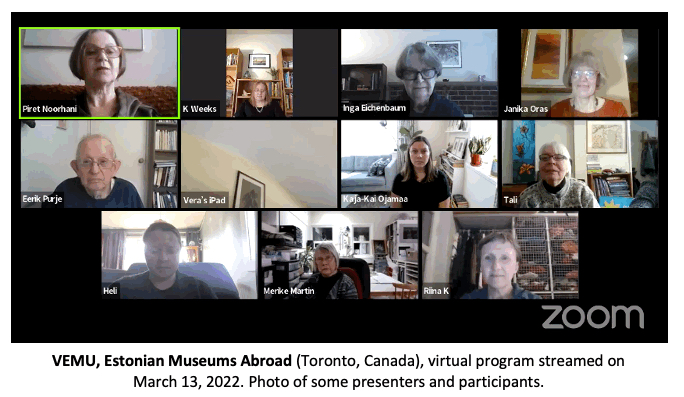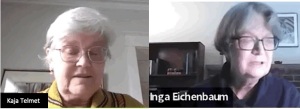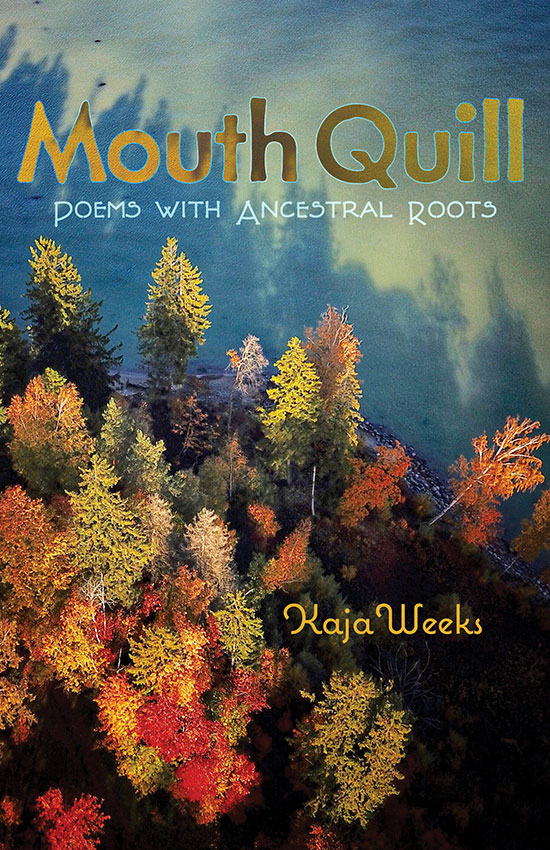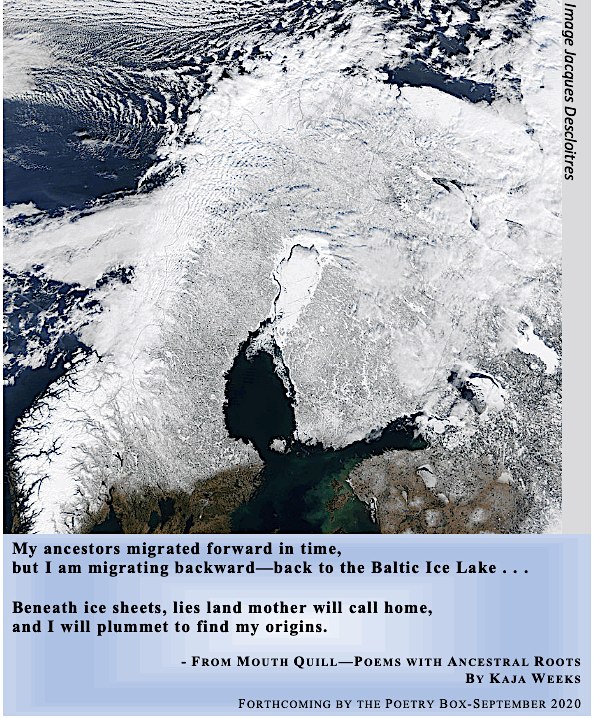I’m honored to have had excerpts from The Dolomite Heel Print read by Claudia Green in Seattle at the poetry reading evening of Cirque—A Literary Journal for the North Pacific Rim.

The Dolomite Heel Print is from the collection Mouth Quill—Poems with Ancestral Roots (Poetry Box, Portland 2020). Its seven sections focus on the island of Saaremaa, Estonia—its natural beauty, horrifying events of World War Two, and their intersection with my life as a young person during the Cold War and much later, the mystery revealed during a visit to the island’s Kuressaare Castle.
Below is a view of Kuressaare Castle, seen with its towers, bastions and the sea behind it (Stefan Hiienurm, Wikipedia, Common License.)

At the center of The Dolomite Heel Print poem is reference to an extraordinary song, Öö Pime (Dark Night) that came to us, children of Estonian refugees, nearly secretly during the Cold War. It was smuggled back to the west by a young relative of some homeland Estonians at a time when those in Estonia, still occupied by Communist Russia, could have suffered greatly had they been exposed. We sang the song amongst ourselves with great reverence, often with teary eyes as it spoke of departure from the ravaged homeland and vows to return one day.
Among those singing Öö Pime was Ensemble Kannel, a singing youth group of traditional Estonian music (Ursula Brady, Angela Dupin, Anneliis Elmend, Tina Karm, Tiiu Messner, Kaja Parming [Founder/Director], Anne Pleer, Kaie Põhi.) . According to newspaper accounts, one of our first public performances of the song was in 1970, but there is an even more historic recording from 1975. It is Ensemble Kannel singing at an important formal event in New York City, a commemoration of Estonian Independence. These were somber yet steadfast annual events, as Estonia was still occupied and regaining of freedom seemed like a dream (which was achieved in 1991). Toward the end of this recording, the audience can be heard spontaneously joining in, showing the widespread impact of the song by this point.
One historic reference in the song was to Estonian martyrs spilling blood round dolomite heel prints (lubjavildi kand), something we could not possibly have fully comprehended the meaning of as teenagers growing up in North America. That mystery was revealed to me decades later when I visited a free Estonia and met the dolomite craftsman of Kuressaare Castle. All these events (and research) eventually coalesced into the poem, The Dolomite Heel Print.
Author Deirdre Callanan, in her praise for poem, writes “Rich with birds and melody, these pages sing, but her incredible “The Dolomite Heel Print” makes sure we understand not all songs are merry. Mouth Quill, a dark crystal studded with light, amazes.“
And author Hala Alyan says, “The Dolomite Heel Print, in particular, is a breathtaking exploration of history and life and identity … a stunning piece! “













